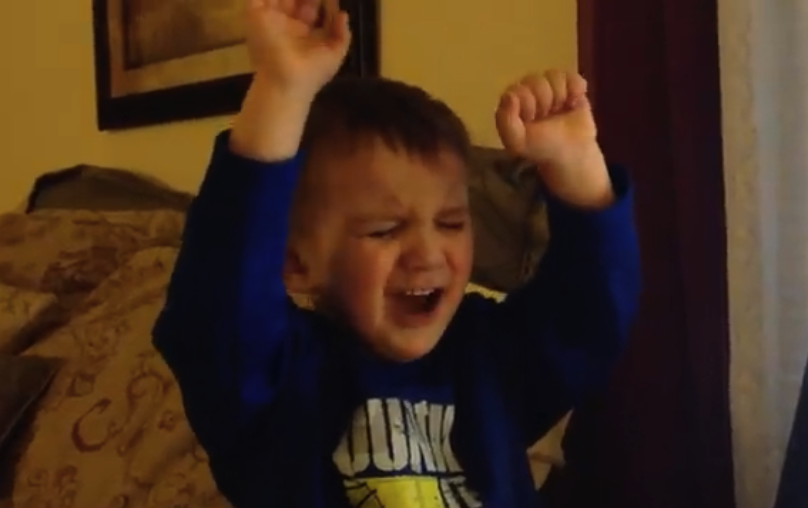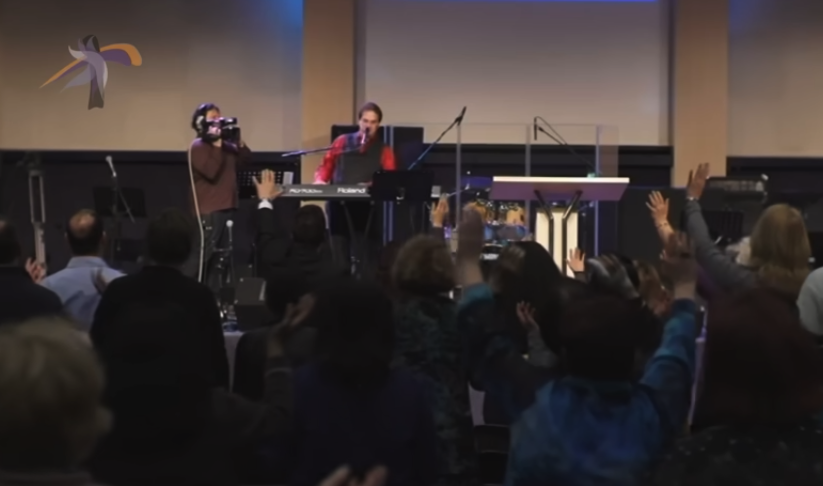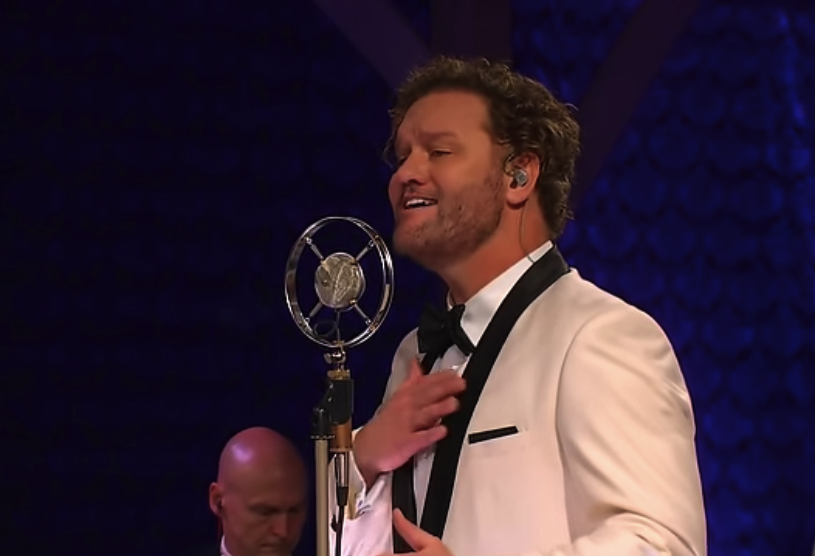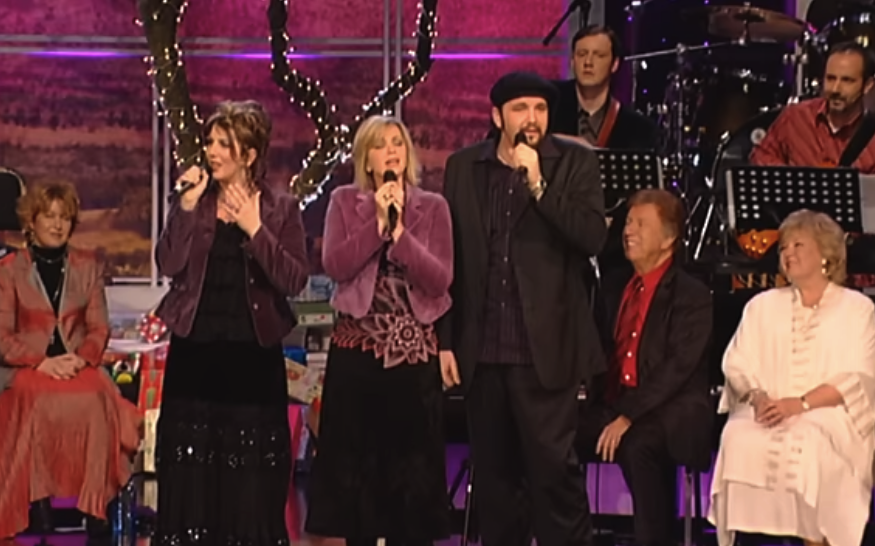In a world filled with uncertainty, “More Than Ever” by David Phelps of the Gaither Vocal Band resonates deeply. This stirring song captures the essence of hope and faith in challenging times. With its poignant lyrics and soaring melodies, it invites listeners to reflect on their own journeys. David Phelps, known for his incredible vocal range and emotional delivery, brings a unique intensity to this piece. His voice carries the weight of every word, making each note feel personal. The song speaks to our need for connection and reassurance, reminding us that love and support are vital now more than ever.
The Gaither Vocal Band was founded in the early ’80s by renowned Christian music leader Bill Gaither. GVB became one of America’s leading southern gospel vocal groups. While Bill Gaither remained the only original member of the ensemble, many well-regarded CCM/gospel singers have passed through the band’s ranks, including Russ Taff, Guy Penrod, Wes Hampton, Michael English, Mark Lowry, and David Phelps. Today, the Gaither Vocal Band roster is comprised of five power-packed voices, including Bill Gaither, Wes Hampton, Adam Crabb, Todd Suttles and Reggie Smith.
Buy Gaither Vocal Band Albums on Amazon! #Ad
- Shine: The Darker The Night, The Brighter The Light by Gaither Vocal Band | Aug 11, 2023
- Let’s Just Praise The Lord by Gaither Vocal Band | Feb 18, 2022
- That’s Gospel, Brother by Gaither Vocal Band | Mar 19, 2021
- Gaither Vocal Band Reunited Live by Gaither Vocal Band | Oct 2, 2020
- 3 Album Collection by Gaither Vocal Band | Aug 19, 2014
- Greatly Blessed by Gaither Vocal Band | Aug 10, 2010
- All Heaven And Nature Sing by Gaither Vocal Band | Oct 1, 2021
- Best Of The Gaither Vocal Band by Gaither Vocal Band | Sep 21, 2004
- Click here for more GVB Albums
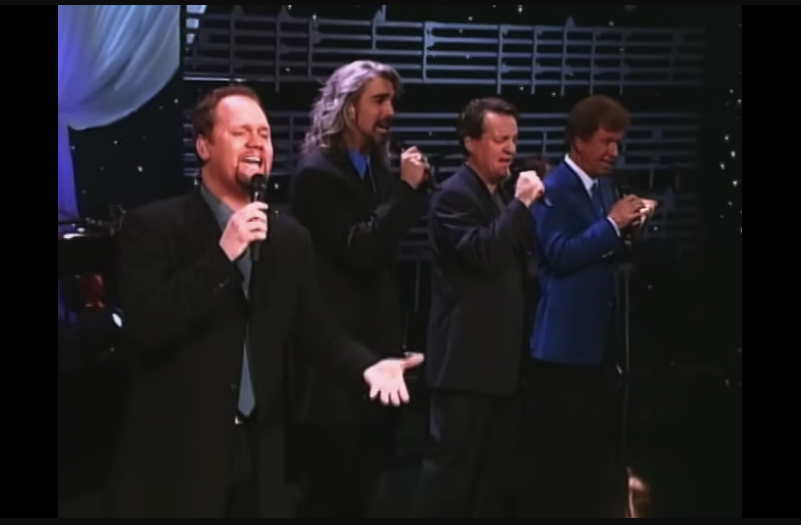
DISCLAIMER NOTICE: Song, music, and lyrics are posted here for educational purposes only. Copyright belongs to the owners and songwriters. No copyright infringement intended. If you are the copyright owner and want it removed from this site, please write a comment below. Thank you.
TAGS: Gaither music, Gaither Vocal Band, Bill Gaither, Bill and Gloria Gaither, Guy Penrod, David Phelps, Michael English, Mark Lowry, Wes Hampton, gospel music, Gaither Gospel songs, Gaither Vocal Band

